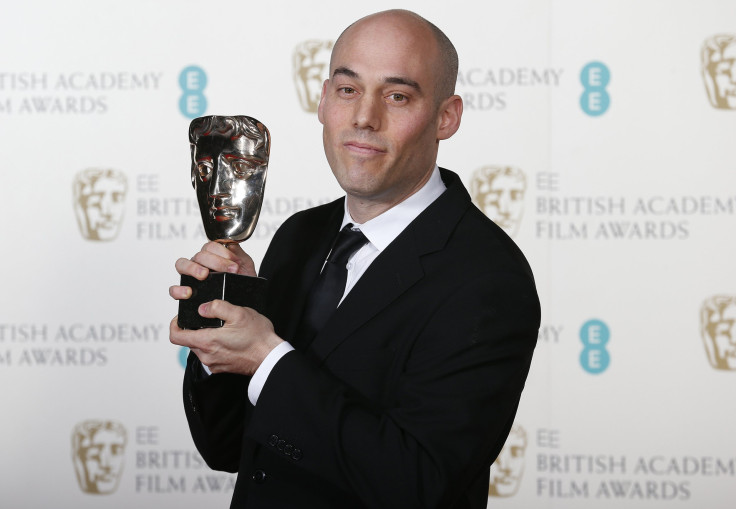‘Act of Killing’ Director Joshua Oppenheimer Gets MacArthur Genius Grant, Vindicated For Oscars Loss

Imagine waking up and not only being hailed a genius, but also being told that the title came with a stipend of $625,000 that could be used for your creative endeavors over the next five years. Not a bad way to start the day.
For documentary filmmaker Joshua Oppenheimer, one of the 12 men and nine women who was named a MacArthur Fellow on Tuesday, as reported by the New York Times, the award could also be seen as vindication for his loss at the Oscars in 2014. His critically acclaimed documentary, “The Act of Killing,” which was hailed as a masterpiece by many critics, lost to a feel-good film about backup singers, “Twenty Feet From Stardom.”
“The Act of Killing” follows two former Indonesian death-squad leaders, Anwar Congo and Herman Koto, who, after the Indonesian government’s overthrow in 1965, aided the army by participating in the mass murder of suspected communists and ethnic Chinese. In less than a year, over a million people were murdered in Indonesia. Congo and Koto have never had to answer for their crimes. Instead, they are presently leaders of a right-wing paramilitary organization that grew out of the death squads and are seen as respected leaders in their communities.
Oppenheimer -- instead of presenting a straightforward history of the war or doing conventional “talking head” interviews with Congo and Koto -- invited them to act out their killings, staging them as if they were starring in their own films within the film. (Their favorite genre: American gangster films.) The results are surreal and powerful, and, with the film’s nomination, the Indonesian government was even forced to acknowledge its genocidal history.
Documentary film greats Werner Herzog and Errol Morris, who also served as executive producers of “The Act of Killing, hailed the film. Herzog said that “The Act of Killing” was “unprecedented in the history of cinema,” and Erroll Morris said, “Like all great documentaries, ‘The Act of Killing’ demands another way of looking at reality. It starts as a dreamscape, an attempt to allow the perpetrators to reenact what they did, and then something truly amazing happens.”
The National Human Rights Commission of Indonesia said that “The Act of Killing” was powerful enough to effect political change: “If we are to transform Indonesia into the democracy it claims to be, citizens must recognize the terror and repression on which our contemporary history has been built. No film, or any other work of art for that matter, has done this more effectively than ‘The Act of Killing’.”
The John D. and Catherine T. MacArthur Foundation began naming MacArthur fellows in 1981, and there have been 897 grants awarded. In a statement about the awards, Cecilia Conrad, vice president of the MacArthur Fellows Program, said, “Those who think creativity is dying should examine the life’s work of these extraordinary innovators who work in diverse fields and in different ways to improve our lives and better our world.”
© Copyright IBTimes 2025. All rights reserved.






















